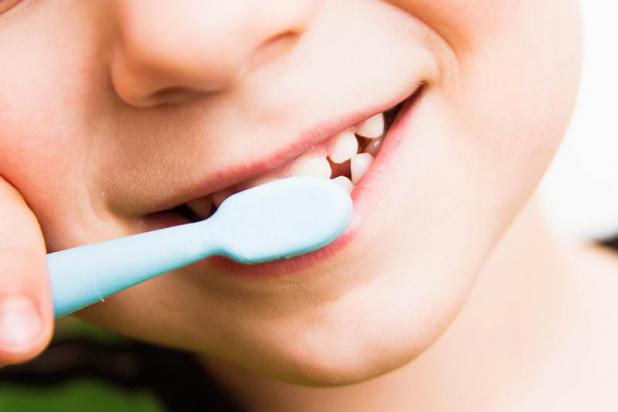
Dental Association urges regular care of primary teeth
New parents may not realize the importance of caring for their infant’s primary (baby) teeth. The Bayou District Dental Association cautions parents, however, that serious tooth decay may develop by the child’s first birthday.
Even though the child’s primary teeth will eventually be replaced with permanent ones, the primary teeth are critical for proper chewing, speaking and appearance.
Baby bottle tooth decay, also called nursing-bottle or nursing-mouth syndrome, is a condition that can destroy the primary teeth of an infant or young child. It develops when a baby frequently receives a bottle of milk, formula, fruit juice or sweetened liquids to serve as a pacifier or comforter.
It may result when the child often is allowed to fall asleep with a bottle during naps or at bedtime. Prolonged demand breastfeeding may also cause this condition. Although the teeth most likely to be damaged are the upper front teeth, others may be affected.
Tooth decay is caused by bacteria, which are present in a thin film of plaque that constantly forms on the teeth. The bacteria in plaque use sugar to produce acid, which attacks tooth enamel. If sugary liquid is allowed to remain in the mouth, acid can attack teeth for several minutes. Tooth decay can occur after frequent, repeated acid attacks.
It’s not just what children drink, but how often and for how long their teeth are exposed to decay-causing acids.
For example, if you offer a bottle containing sugary liquid as a pacifier many times a day, the teeth experience more acid attacks. Allowing a child to fall asleep with a bottle during a nap or at night also can harm teeth.
While the baby sleeps, the flow of saliva decreases. Harmful sugary liquids collect and remain around the teeth, inviting acid attacks.
Prevent this by watching what you give your baby between regular feedings. A nursing bottle should not be used as a pacifier or as an aid to help baby sleep unless it contains plain water.
Don’t dip pacifiers in a sweet liquid and don’t add sugar to baby’s food to try and make it taste better. Children can be taught to drink from a cup as they approach their first birthday. This will eliminate prolonged bottle feeding or using a bottle as a pacifier.
The Bayou District Dental Association recommends that after each feeding, parents should wipe their baby’s teeth and gums with a clean, damp washcloth or gauze pad. This will remove plaque and prevent acid attacks.
Begin brushing as soon as the baby’s first tooth appears. Continue cleaning and massaging gums in all other areas that remain toothless.
Visit the dentist by the child’s first birthday. While this may seem early, your dentist can determine if you are using the right cleaning techniques. The dentist also can determine if there are problems with the child’s primary teeth.
Children should receive an optimal amount of fluoride, a mineral needed for the development of decay-resistant teeth. Whether or not you live in a community that has fluoridated water, you should ask your dentist about how your child can get the right amount of fluoride.
